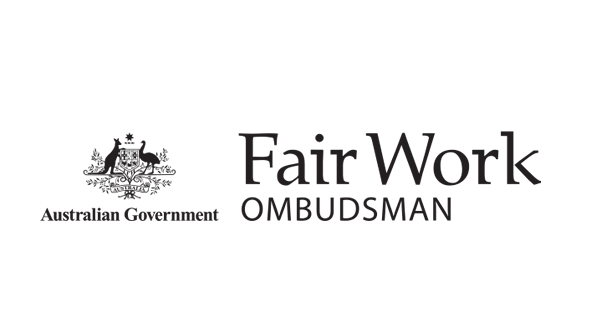
This Industry Advice Notice (IAN) is to advise that applications are now open for the accreditation of farms and packhouses, and the registration of treatment facilities, to export summerfruit to protocol markets for the 2024-2025 season.
Applications must be received by 5:00pm (AEST) Friday 15 July 2024. Late submissions will not be accepted.
Super Guarantee Increase
The May 2024 Federal Budget maintained the Super Guarantee's legislated increase to 12%. From 1 July 2024 the Super Guarantee will increase to 11.5%. It will then increase by a further 0.5% on 1 July 2025 to reach 12%.

Following its Annual Wage Review, the Fair Work Commission has announced an increase to the National Minimum Wage and minimum award wages.
The Commission has increased the National Minimum Wage and minimum award wages by 3.75%.
The increase applies from the first pay period starting on or after 1 July 2024.
In the meantime, you can:
An updated version of the Fair Work Information Statement will also be available from 1 July 2024.
The popularity of flat peaches has significantly increased over the years, despite initial perceptions of the fruit as unattractive and misshapen, says Aysel Oguz, Commercial Manager for Turkish fresh produce grower and exporter Anadolu Etap. "Typically, the stone fruit season, including flat peaches, begins in southern regions of Türkiye such as Tarsus, Mersin, and Adana. Reflecting on the early days of flat peach cultivation in the area, I recall a time when people considered the fruit to be shapeless and unattractive. Today, however, it has become a premium product with widespread popularity. The flat peach is favoured for its excellent taste, aroma, and high sugar content, in addition to being easy to eat." Read the full Fresh Plaza article HERE
The stone fruit season in a few countries in the Northern Hemisphere looks promising, while it is also up to 10 days earlier. This is due to warmer weather during spring, which favours faster growing of the nectarines, peaches and flat peaches or paraguayos. Spain, as Europe's major stone fruit growing country and exporter, is 10 days earlier with very good prospects for the 2024 season, that will be better than last year. Read the full Fresh Plaza article HERE
The Georgia Peach Council announced it expects a record-breaking crop of particularly sweet Georgia peaches.
Industry optimism is based on a full winter of productive dormancy and a long, cool spring of perfect weather. Combining these growing conditions with well-rested fruit-bearing trees, has the Georgia Peach Council anticipating a sweet recipe for the best summer of succulent Georgia peaches in multiple decades.
These conditions are also key in providing premium sizing and vibrant color to the fruit.
© Summerfruit Export Development Alliance